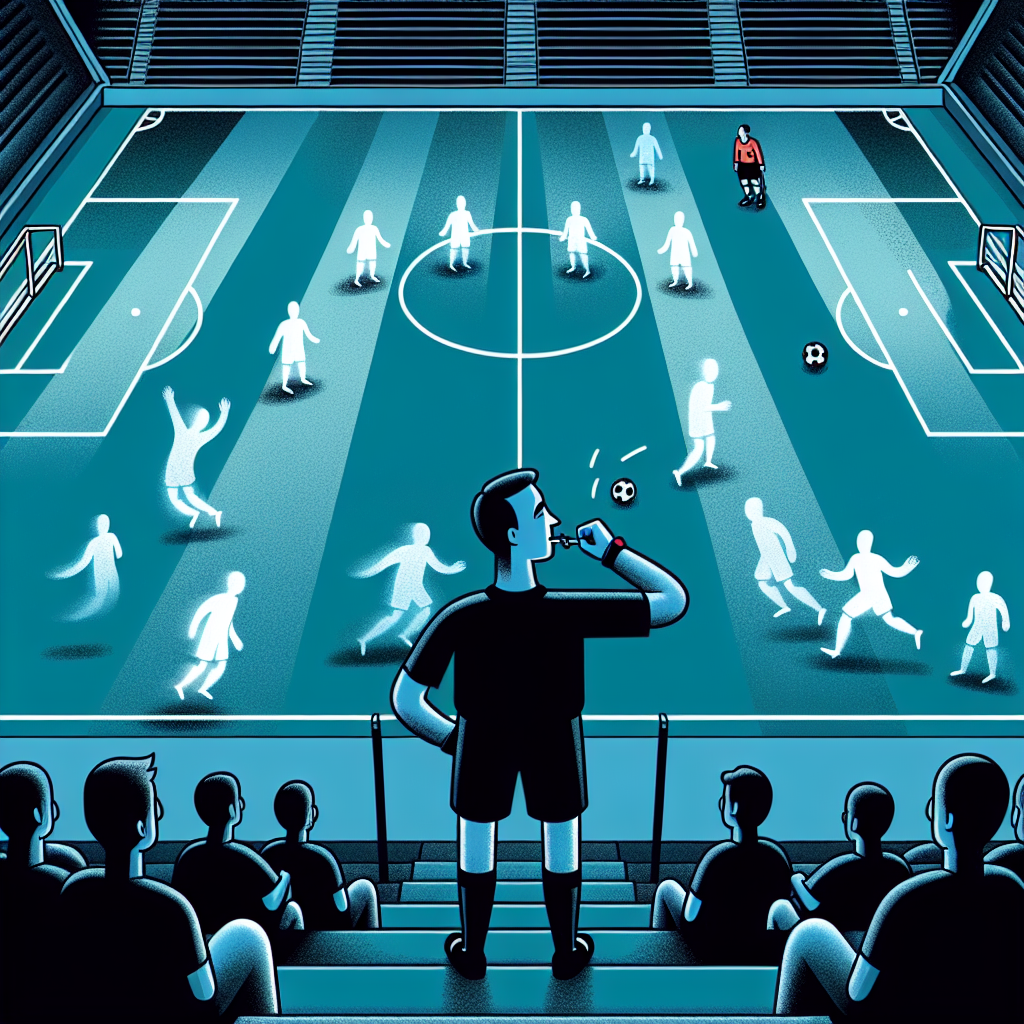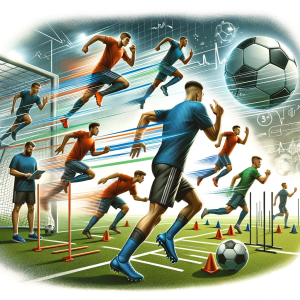
The Impact of Ghost Games on Soccer Refereeing
The intriguing phenomenon of ‘ghost games,’ where sports events are conducted without a live audience, has highlighted the psychological impact fans have on soccer referees. During the COVID-19 pandemic, many soccer matches were held in empty stadiums, offering scientists a unique opportunity to study the dynamics of games under these unusual circumstances.
The Influence of Fans on Game Outcomes
Throughout the history of competitive sports, the presence of fans has been considered an unofficial ‘twelfth man,’ influencing the mood and actions on the field. Research highlighted by Science News suggests that referees are not immune to this influence. The study found that home teams experienced a dip in their win rates, matched only by an increase in fouls received when games transitioned to the ghost game format during the pandemic. This suggests an unconscious bias where referees may have been siding with teams under the pressure of thousands of vocal fans, a pressure absent in empty stadiums.
The Psychological Mechanism
This phenomenon can be partially explained by the psychological principles of social pressure and conformity. Referees, like all individuals, are influenced by their environments. Theories such as the social identity theory can be applied where referees, recognizing the home advantage experienced by teams, might have subconsciously augmented this by their decisions, potentially showing subtle favoritism due to shared group identity with the majority of the stadium.
Implications for Future Matches
Understanding the effect of fan presence on gameplay integrity could necessitate recalibrating referee training to balance these influences. The findings raise several pertinent questions: Should referees receive psychological training to better handle crowd pressure? Should technology like VAR be used to counteract potential biases indicated by this research?
The Role of Technology
Incorporating technology into sports officiating, particularly the use of video assistant referees (VAR), may help mitigate the influence of crowd-induced pressure. By ensuring decision-making is assisted with technology, it can help offset the subjective biases and ensure greater accuracy and fairness in officiating.
Soccer Science Moving Forward
This research enriches our understanding of how environmental factors affect decisions in the field. It prompts a reevaluation of strategies to ensure that the integrity of the sport remains intact, regardless of external factors.
As we pivot back to full stadiums, continued studies and the implementation of strategies are necessary to ensure that soccer remains as fair a competition as possible, respecting the balance of training, skills, and fair play.
For those intrigued by the intersection of sports science and psychology, this study is a clear example of how deeply our environments can influence decision-making, even in the high-pressure context of competitive sports.



